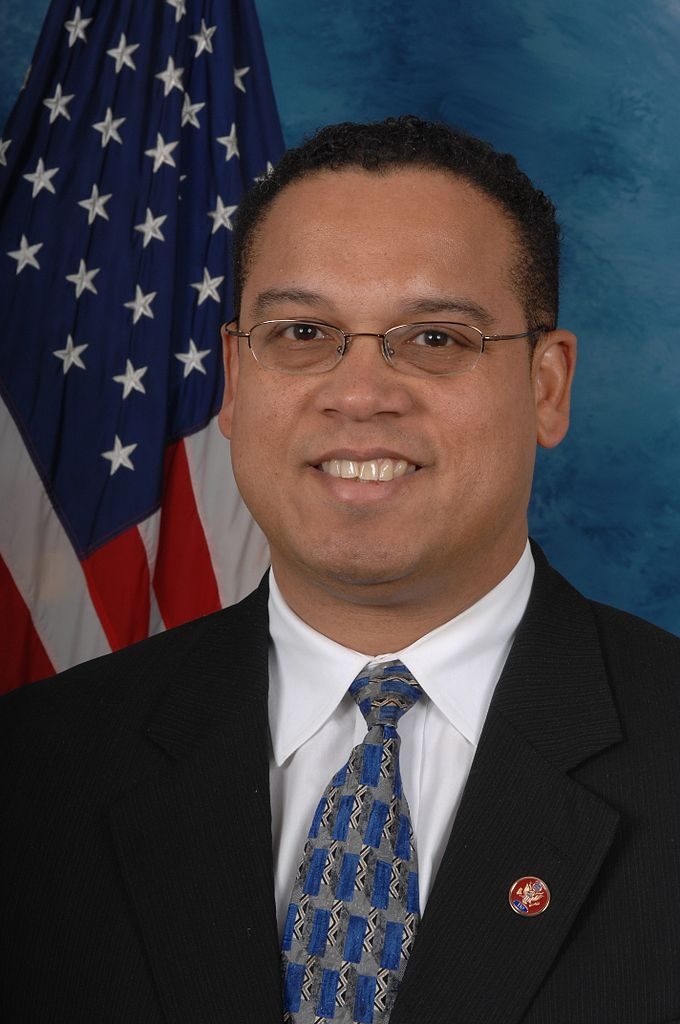Opinion: The Democratic Party needs to fix itself
It’s been five months since the presidential election, and Newsweek is still asking, “Would Bernie Sanders have won?” Meanwhile, a widely read editorial in Vanity Fair insists that the “alt-left,” its derisive term for non-moderate leftists, “is a problem, too.”
“The primary is over,” I want to scream. But what’s not over is the deeper conflict the primary brought to light: A battle between moderate liberals, who many saw as out-of-touch and corporate-friendly, and farther-left progressives, who boast an authentic commitment to economic, environmental, and social justice. As the Democratic Party struggles to regain the ground it lost in the 2016 election, both sides are eager to blame the other for their failure and insist their approach is the best moving forward.
One way in which this conflict manifested itself was in the election of the chair of the Democratic National Committee. Though the person holding this office holds little political power, the race turned into what Alex Shepard in the New Republic called a “useless proxy war.” Keith Ellison, an early favorite who many saw as more aligned with the party’s progressive wing, faced an Islamophobic smear campaign and was finally defeated by Tom Perez, who was pushed into running at the last minute.
Despite being widely viewed as an establishment candidate, Perez has extended an olive branch to the progressive wing of the party, offering Ellison the position of deputy chair. Since then, Perez and Ellison have embarked on a nationwide “Turnaround Tour,” where they pledged to provide better support to local candidates and build a stronger movement in states they neglected during 2016.
It will take time to see whether the efforts of Ellison, Perez, and the rest of the party pay off. But it is crucial that they do. Right now, the Democrats’ approval rating currently sits at a mere thirty-six percent, according to a recent poll by USA Today and Suffolk University. If the Democrats want to turn this around, they need to present a unified vision of the future that answers voters’ concerns.
To do this, they will need to counter the perception that they belong to the “establishment.” Currently, there are other groups to the left of the Democrats, like the Democratic Socialists of America and the Justice Democrats, that are experiencing a rise in membership. If the Democratic Party wants to compete with them, it will need to present itself as authentically progressive.
One way they can do this is by focusing more strongly on class inequality. Since Trump’s win, some have insisted that the Democrats’ focus on social issues and neglect of the white working class led to their downfall. Framing issues in this way implies that poverty is a white person’s issue, while in reality, people of color have statistically lower incomes. Instead of framing economic concerns and so-called “identity politics” as opposites, the Democrats could succeed by acknowledging how race, class, gender and disability all intersect with poverty, and use this framework to combat all forms of inequality.
Also, Democrats should follow up their words with their actions. Otherwise, they draw American politics further to the right. For example, many conservatives thought Obama was soft on immigration, when in reality, he deported a record number of immigrants. Similarly, Trump’s plans for a Muslim registry already have precedent in a program called the National Security Entry-Exit Registration System, a registry targeting travelers to the U.S. from Muslim-majority countries that was only removed in December 2016. Trump has already tried to justify his refugee ban by comparing it to a temporary ban on Iraqi refugees enacted under Obama, and will likely draw similar comparisons to policies such as these. Besides, being honest is just a nice thing to do. If the Democrats claim to champion progressive values, they need to do a better job of showing us.
Finally, Democrats should refuse to compromise. When they water down their views in order to court Republican votes, they allow their opponent to control the dialogue. For example, Bernie Sanders has introduced a bill that would provide universal healthcare, which many Democrats criticize on practical grounds. It’s not politically feasible, they argue, so we shouldn’t bother. Well, how are you going to know if it’s politically feasible if you don’t try it? If the Democrats keep giving up on their goals because they aren’t politically feasible, while the Republicans do nothing of the sort, Republicans are going to win.
Clinton’s loss should be a wake-up call showing that the Democrats’ neglect of working-class concerns, hypocrisy, and attempts to please everyone rather than taking a stand are destroying the party.






